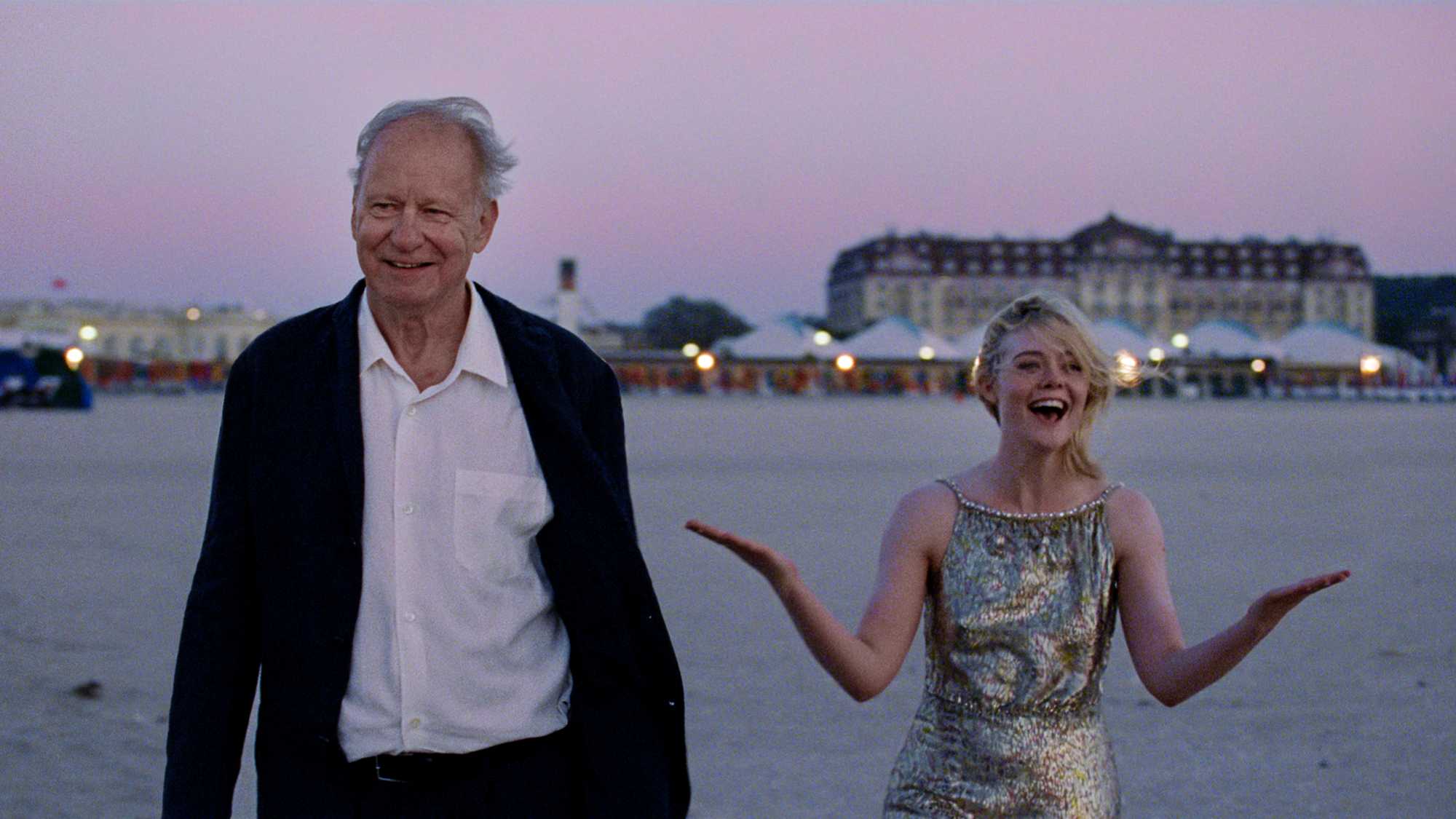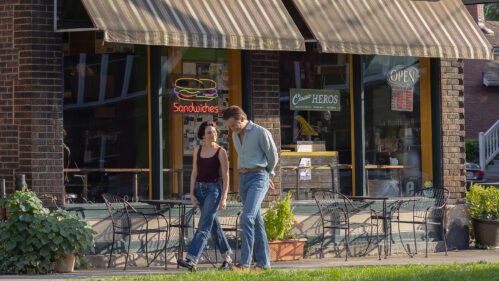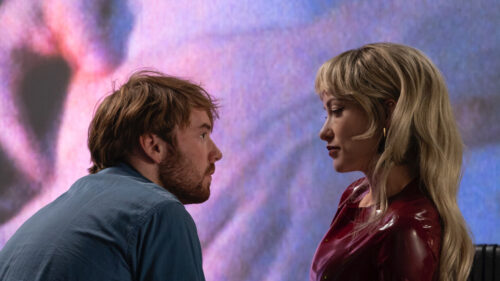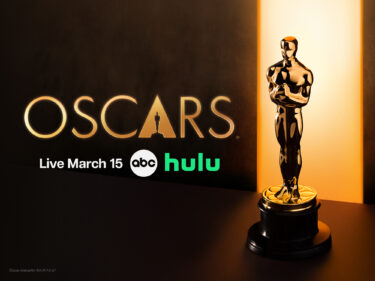For the consecutive fourth year, I’ve trekked to Telluride for an extended Labor Day weekend. A ride from a loved one to the airport, two flights, a 90-minute shuttle, a 20-minute gondola trip, and a 15-minute walk—it’s always a miracle to me when this travel day unfurls smoothly. There is a reason they say Telluride takes your breath away, and it’s not only because of the otherworldly landscape and phenomenal programming; I’m huffing and puffing by the time I get to my seat. A Midwestern moviegoer like myself needs a moment to acclimate to moviegoing in the mountains.
Unlike years previous, the lineup this year was less of a secret. The Age of the Internet has permitted the cross-referencing of fellow film festival line-ups to deduce what will ultimately premiere or screen at Telluride. Regardless, it’s still a leap of faith many of us take; festival director Julie Huntsinger and the programming team have such a strong pulse on stories worth sharing. Despite the steep drop in racial diversity of this year’s schedule, the genre-bending stories seen on screen provided some semblance of artistic and affect variation. Across five venues, including transformed high school auditoriums and an old opera house, fueled by 13 cups of tea, I was able to catch a total of 16 films.
It is not new that a majority of the programming at Telluride leans on the heavier or complex side of the themes investigated and exhibited. This year, the thread wove its way through a myriad of ways that loneliness can manifest and lay the blueprint of our lives. Truthfully, I do not think we always fully acknowledge the load our brains bear when we watch such devastation or heartache back-to-back(-to-back-to-back). It is such a grand privilege to be able to attend and power through so many films in a short period of time (and in one of the most beautiful places); on top of this loneliness I watch on screen and feel leaving the theatre, fending for myself in line and trying to connect with others in the industry, I, now too, carry guilt by feeling anything that is not pure joy and amazement. It’s funny how frequently and easily I am influenced by the emotional integrity of an artwork or film. Sue me, I’m sensitive.
By Saturday night, festival favorites, flops, and must-sees start making their way up the gondola and down the grapevine. I soon heard many praises for “The Secret Agent,” a Brazilian film set in 1977 by Kleber Mendonça Filho, and I swapped around my Sunday plans to squeeze it in. By far, it was the most crispy and viscerally visual story I’d seen yet, and despite there being three separate Hamlet-related movies, “The Secret Agent” would be the only father-son related film I would see the whole weekend. Scratching my itch for finding the compassion in any picture, each bold, saturated scene strengthened our perception of and connection to each character. It felt bittersweet to hear Mendonça Filho profess during his Q&A that he urges us all to “insert the love wherever you can.”
It was my final screening on the last day of the festival that cemented loneliness as the key theme that connected each film to one another. Joachim Trier’s “Sentimental Value” silently brought tears to my eyes. While his films consistently have quality character development, there is such a strong visual language that allows for so much to be said without complete reliance on the script. Renate Reinsve and Stellan Skarsgård pair together perfectly as a broken father-daughter duo; their characters are a mirror of one another. Their personal and collective transgressions are a spectacle viewed through two lenses, giving the audience multiple points of entry for compassionate comprehension of the story and its characters’ depth.
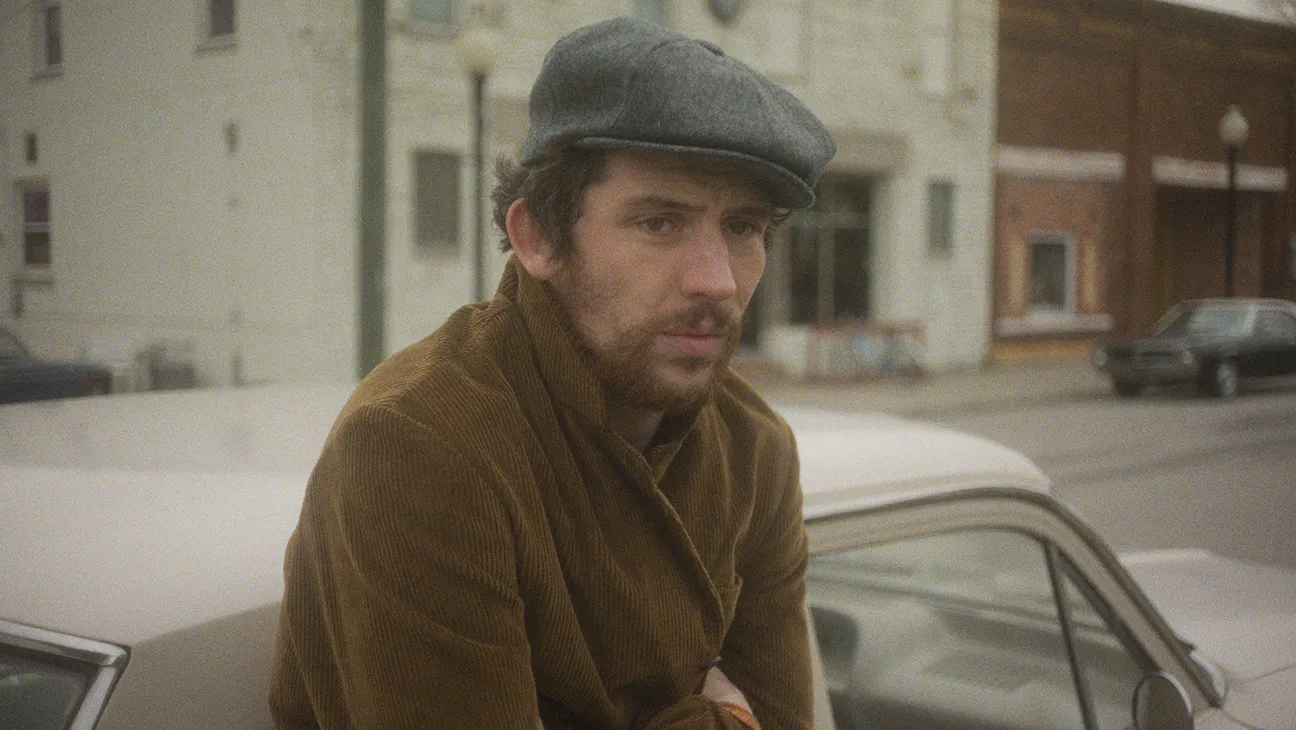
Kelly Reichardt’s new slowburner, “The Mastermind,” felt a bit like a Hemingway novel: a slice of life focused on a man who is not quite likable. Josh O’Connor dusts off his art-sleuthing skills that he sharpened so excellently in “La Chimera” to deliver a less glamorous, Americanized version of being a lost mind, only anchored by Art. Despite JB Mooney (Josh O’Connor) being the cause of his own solitude and demise, to the point where he somewhat admits that he only thinks about himself, we root for him. As we see his family and friends pull away one by one, he gets ever lonelier. The juxtaposition of being lonely with others and lonely when by oneself reinforces how the feeling lingers like a stench that no number of long showers can wash off.
While the other films that explore what it means to feel and be alone are not as complete, I retrospectively found value in them despite not feeling completely resolved when the credits rolled. Guillermo Del Toro’s “Frankenstein,” a surprise addition to the lineup, made its way directly from premiering at Venice. Based on Mary Shelley’s novel, Del Toro never quite names Victor Frankenstein’s (Oscar Isaac) creation; he is only ever known as The Creature (Jacob Elordi). The Creature later develops a sense of agency and autonomy that feels refreshing. Despite running into the sunset, having forgiven his maker, I’m left questioning and concerned for the future of this caring monster who will continue to live on, alone, forever. Del Toro’s creative inclusion of Catholic ideology and iconography created a beautiful, grand spectacle, and, of course, there is the necessary looming guilt that accompanies it.
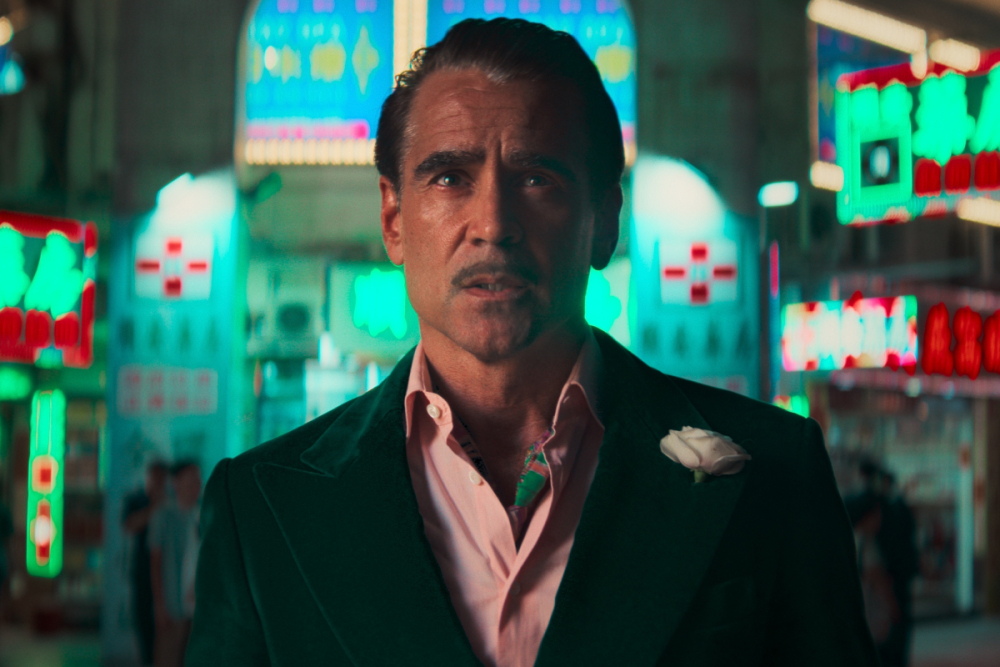
Guilt and loneliness, which are characteristic of a morally questionable man, also serve as the main plot devices in Edward Berger’s new film, “Ballad of a Small Player.” Seeing this film bright and early as my Saturday breakfast movie set an interesting tone for the day, and the way it plays with morality and mortality like putty is perhaps why I repeatedly called the film “Ballad for a Small Prayer” one too many times throughout the weekend. Colin Farrell plays a fabulous scammer, but the rest of the film falters because supporting characters and side plots are only used to drive his character’s betterment. Typically, that would be appreciated as a cohesive narrative. But it made for a superficial exploration of what it means to be affected by and in the wake of someone else’s addiction.
Similarly, I was a bit shocked when Scott Cooper’s “Springsteen: Deliver Me from Nowhere” concludes with a closing card that reveals Springsteen continues to struggle with his depression. The film showcases clearly that the rockstar struggles with a sense of self, a true sense of home, and the difficulties of his childhood. Still, it visually and narratively lacks the substance that allows the audience to resonate on a deeper level. The assumption that the audience knows how depression can manifest into a million different symptoms (like irritability and distancing oneself) is too tangled with the implication that those are necessary for creativity. Perhaps if I were more familiar with Springsteen’s catalogue (specifically the album Nebraska, which the film focuses on), I would’ve sooner pieced the puzzle together that this film was a petri dish for emotional reflection rather than a vehicle for sharing the story of Springsteen’s career.
My personal programming also included Yorgos Lanthimos’s “Bugonia,” Paulo Sorrentino’s “La Grazia,” Rebecca Zlotowski’s “A Private Life,” Harris Dickinson’s directorial debut “Urchin,” and Mary Bronstein’s “If I Had Legs I’d Kick you,” which made me feel many things that I elaborated on here. I was also quite charmed by Richard Linklater’s “Nouvelle Vague,” where he fictionalizes and fantasizes about the creation of Jean-Luc Godard’s first film, “Breathless.” To ground myself in reality, I also saw a handful of documentaries and am still reveling in the energy of the writer and icon E. Jean Carroll. “Ask E. Jean,” “Lost in the Jungle,” and “Everywhere Man: The Lives and Times of Peter Asher” were also part of my festival coverage and can be read here.
I embark on my multi-leg trip back home, oozing with appreciation for being a part of the community that contributes to the continuation and evolution of cinema-going and film criticism. Although the landscape of both industries shifts, I am reassured and catalyzed by those with whom I am in lineage; Telluride is truly a legacy that I long to be a part of forever.

